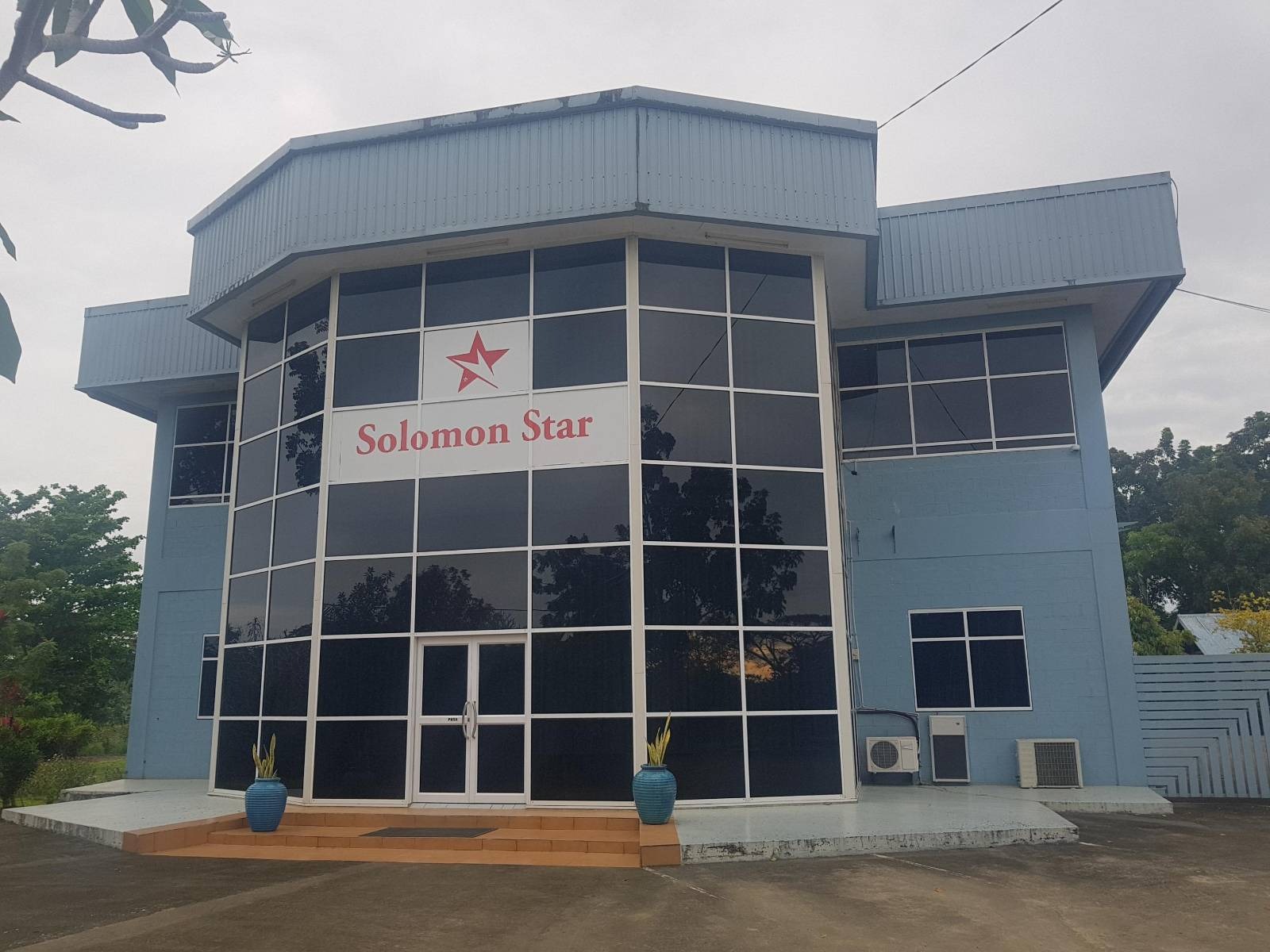
By Bernadette Carreon and Aubrey Belford (OCCRP).
A major newspaper in the Solomon Islands received nearly US$140,000 in funding from the
The Chinese government in return for pledges to “promote the truth about China’s generosity and its
true intentions to help develop” the Pacific Islands country, according to a leaked document and
interviews.
The revelation comes amid Western alarm over growing Chinese influence over the strategically
located country, which switched diplomatic recognition from Taiwan to China in 2019 and then
signed a surprise security agreement with Beijing last year.
Solomon Islands journalists have complained of a worsening media environment, as well as
what is perceived to be a growing pro-China slant from local outlets that have accepted funding
from the People’s Republic.
A document obtained by the Organized Crime and Corruption Reporting Project (OCCRP)
shows how one of these outlets, the Solomon Star newspaper, received Chinese assistance
after providing repeated and explicit assurances that it would push messages favorable to
Beijing.
Reporters obtained a July 2022 draft funding proposal from the Solomon Star to China’s
embassy in Honiara in which the paper requested SBD 1,150,000 (about $137,000) for
equipment including a replacement for its aging newspaper printer and a broadcast tower for its
radio station, PAOA FM.

Aerial view of Honiara.
The Solomon Star said in the proposal that decrepit equipment was causing editions to come
out late and “curtailing news flow about China’s generous and lightning economic and
infrastructure development in Solomon Islands.” The document shows the Chinese embassy
had initially offered SBD 350,000 in 2021, but revised this number upward in recognition of the
newspaper’s needs.
In total, the proposal contains roughly a dozen separate pledges to use the Chinese-funded
equipment to promote China’s “goodwill” and role as “the most generous and trusted
development partner” in Solomon Islands.
In interviews with OCCRP, both the Solomon Star’s then-publisher, Catherine Lamani, and its
chief of staff, Alfred Sasako, confirmed the paper had made the proposal, but declined to speak
in detail about it.
Solomon Star’s chief of staff, Sasako, said the newspaper maintained its independence. He said
any suggestion it had a pro-Beijing bias was “a figment of the imagination of anyone who is
trying to demonize China.”
Sasako said the paper has tried unsuccessfully for more than a decade to get assistance from
Australia’s embassy in the country. Other Western countries, such as the United States, had
neglected Solomon Islands for decades and were only now showing interest because of anxiety
over Chinese influence, he added.
“My summary on the whole thing is China is a doer, others are talkers. They spend too much
time talking, nothing gets done,” he said.
OCCRP was able to confirm that the printing equipment the Solomon Star had requested was
indeed purchased and delivered earlier this year.

Solomon Star publications of the China medical team.
“I can confirm what was quoted was delivered in February and the payments came from the
Solomon Star,” said Terry Mays, the business development manager of G2 Systems Print
Supply Division, the Brisbane, Australia, based supplier named in the proposal.
The Solomon Star funding is just one part of a regional push to get China’s message out in the
Pacific Islands, as well as build relationships with the region’s elites, reporters have found.
Earlier this month, OCCRP reported on an aborted deal in the northern Pacific nation of Palau
involving the publisher of the country’s oldest newspaper and a Chinese business group with
links to national security institutions.
OCCRP is funded worldwide by a variety of government and non-government donors. OCCRP’s
work in the Pacific Islands is currently funded by a U.S.-government grant that gives the donor
zero say in editorial decisions.




















